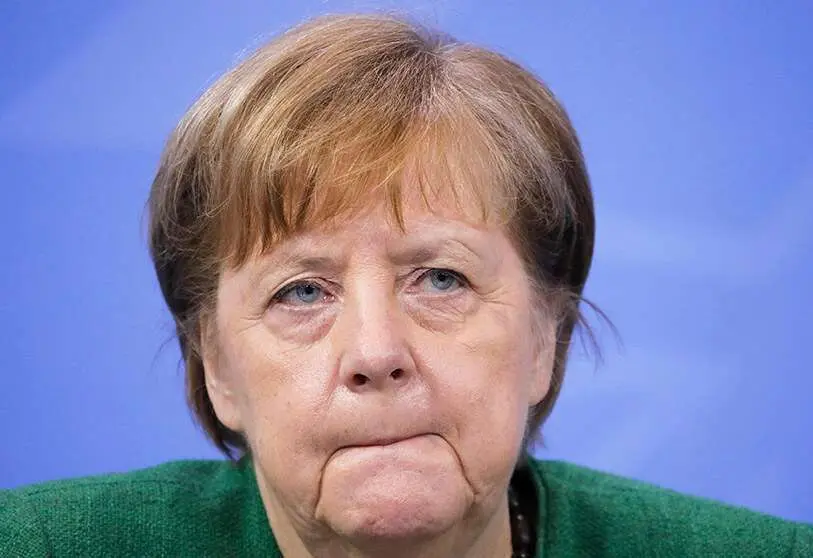CDU off to a bad start in this super election year

Two elections and two severe defeats for Chancellor Angela Merkel's Christian Democrats (CDU). The almost eleven million Germans called to the polls in the regional elections of Baden-Württemberg and Rhineland-Palatinate thus took part in the first test of a super electoral year, in which, besides these two states, elections will be held in Saxony-Anhalt, Mecklenburg-Antepomerania, Thuringia and Berlin, culminating with the general elections in September.
The decline of the CDU - down 4 percentage points in Baden-Württemberg and 6 in Rhineland-Palatinate - has meant, on the other hand, the strengthening of the ecologists of Alliance 90/The Greens in Baden-Württemberg and the Social Democrats of the SPD in Rhineland-Palatinate. Incidentally, it has also meant the consecration of figures such as Winfried Kretschmann, the only ecologist president of one of the 17 German Landër. Winning a third term in office makes him a contender for higher levels of power at the federal level. The Greens, who have thus steadily gained more and more sympathy from the electorate, could become the key to the government that succeeds Chancellor Angela Merkel at the end of her term of office, whether it is predominantly Christian Democrat or Social Democrat.
It is precisely worth highlighting the victory of Malu Dreyer in Rhineland-Palatinate, who, like her ecologist colleague, will be able to win a third consecutive mandate, although in her case she has registered a decrease of three points in relation to the result she achieved in 2016.
Regarding the setback suffered by the CDU in both states, these elections were the first in which the Christian Democrat formation faced them under the new leadership of Armin Laschet, elected last January to replace Angela Merkel. Its debut, therefore, could not have been more disappointing. In the first analysis carried out by its governing bodies, the scandal caused by the revelation a few weeks ago of corruption cases, allegedly involving some CDU deputies in the Bundestag, is blamed.
The German public was also increasingly dissatisfied with the Merkel government's handling of the coronavirus pandemic. A year-long period of confinements and severe restrictive measures, punctuated by occasional uprisings, and a marked delay in the mass vaccination program, call into question the effectiveness of the current federal government coalition, but above all they identify it with the end of the Chancellor's reign, in which they no longer perceive an exciting project for the future. In addition, the vaccination plan at European level does not live up to expectations, and it so happens that the head of the program is the President of the Commission, Ursula von der Leyen, who is also a prominent member of the German CDU.

